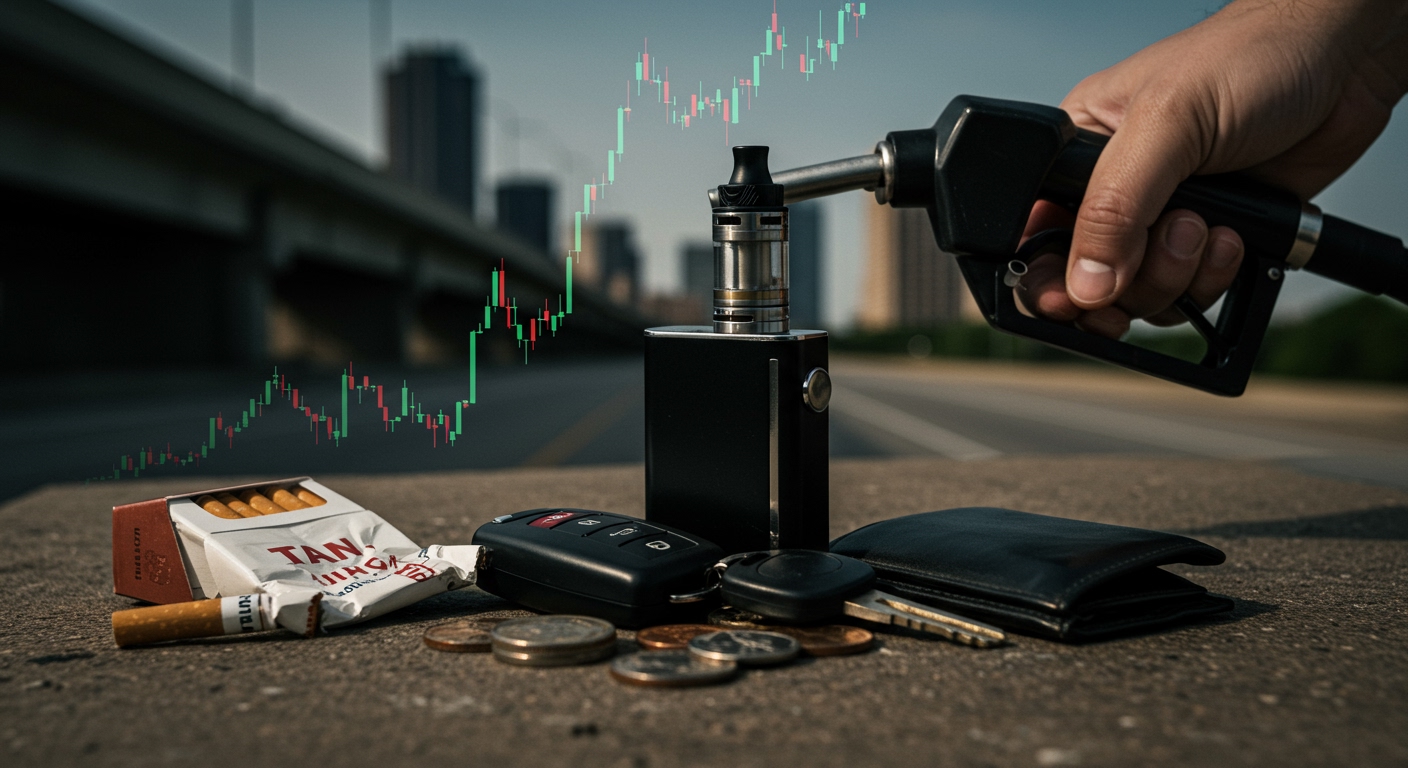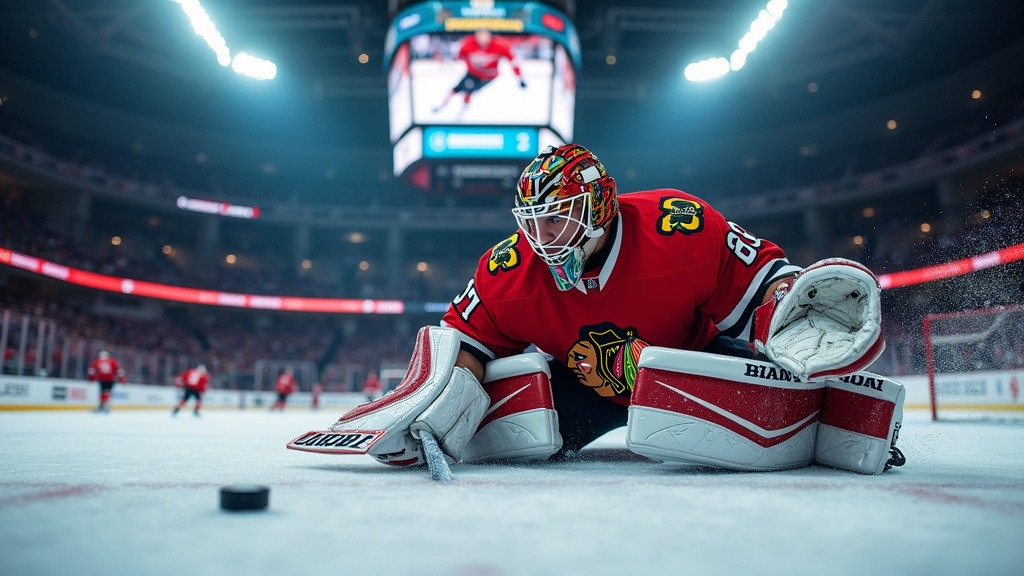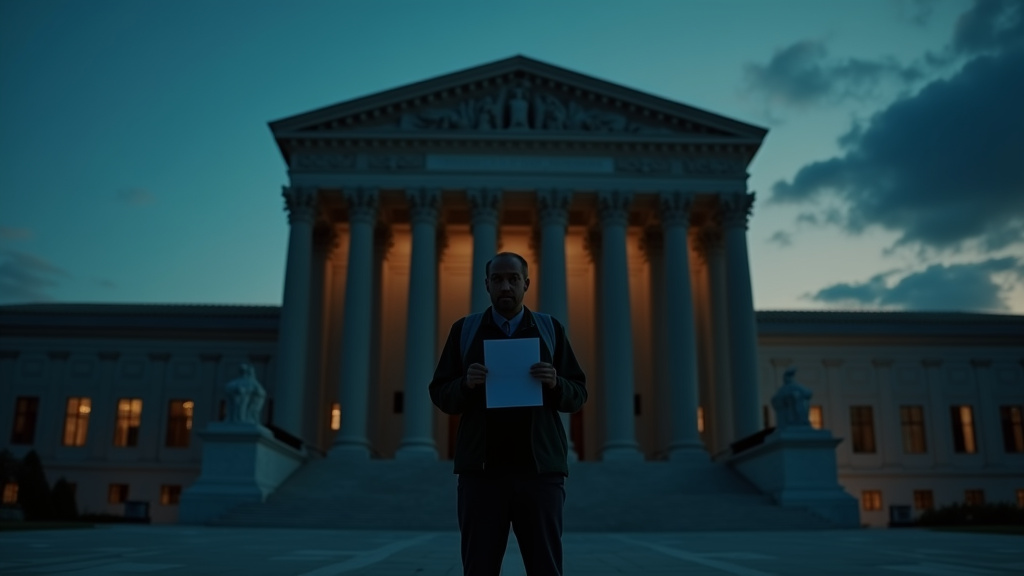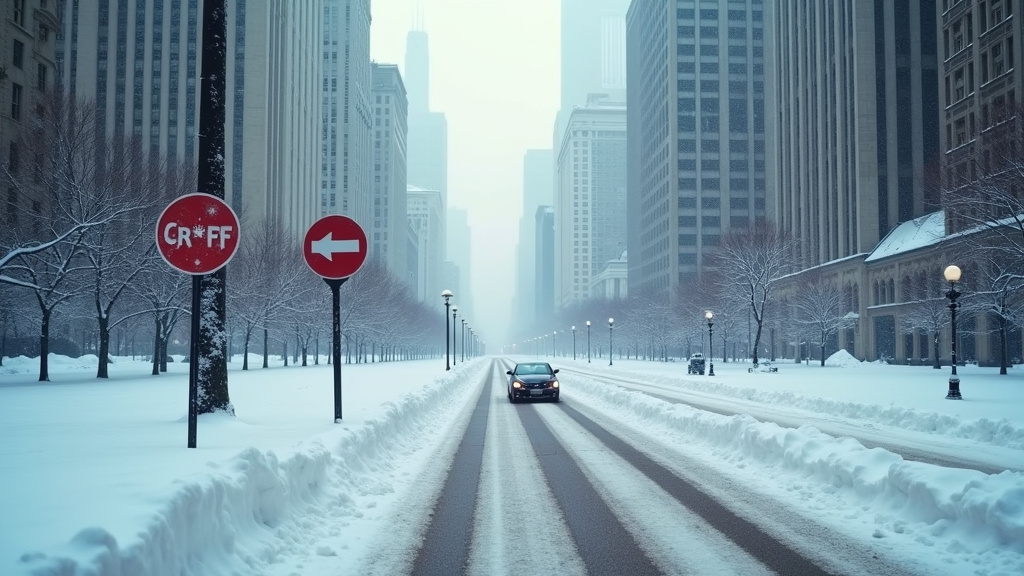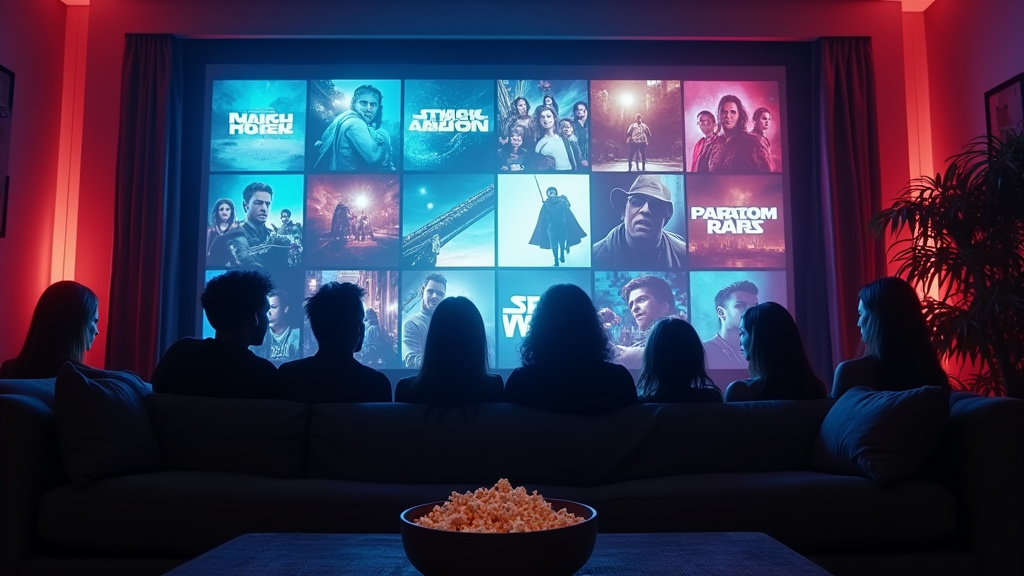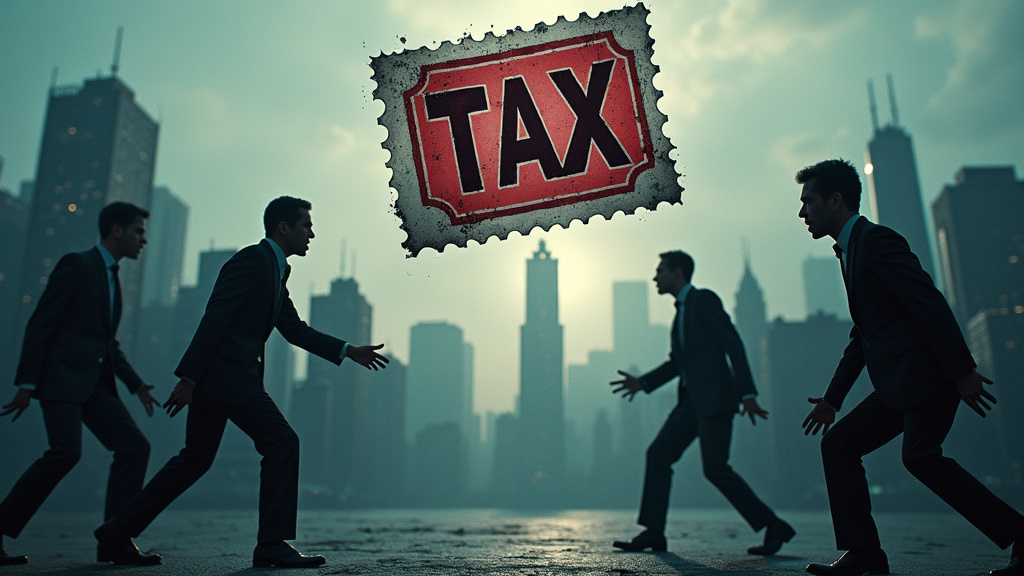SPRINGFIELD, IL – A sweeping package of new laws and tax increases is set to take effect across Illinois on July 1, 2025, introducing significant changes impacting everything from labor costs to consumer goods and the hospitality sector. The legislative adjustments, approved in previous sessions, are poised to alter economic landscapes for residents and businesses statewide, bringing higher costs for certain products and services while boosting wages for some workers.
These impending changes include notable increases in minimum wages, substantial hikes on so-called “sin taxes,” adjustments to fuel levies, and new regulations targeting the tourism and short-term rental industries.
Impact on Labor and Wages
One of the most immediate effects for many will be seen in paychecks, particularly in Chicago. Effective July 1, 2025, the general minimum wage in Chicago is slated to rise to $16.60 per hour for employers with four or more employees. This adjustment is part of broader efforts to ensure a living wage within the city.
Further complicating the wage structure for the service industry, the tipped minimum wage in Chicago will also see an increase, climbing to $12.62 per hour. This move is a direct outcome of the 2023 One Fair Wage Ordinance, a legislative initiative specifically designed to gradually close the gap between tipped and non-tipped wages, with the ultimate goal of achieving wage parity by 2028.
Significant Increases in Consumption Taxes
Consumers of certain goods will face higher costs due to substantial tax increases targeting tobacco and vaping products. Taxes on vaping products, nicotine pouches, cigars, and other non-cigarette tobacco products are set to dramatically increase from the current rate of 15% to 45%. This threefold jump in the tax rate on these items is projected by state fiscal analysts to generate nearly $30 million in new state revenue, aimed at bolstering public coffers.
Adding to the tax burden on tobacco users, the state cigarette tax will also increase by a significant $1 per pack. This combined assault on tobacco and nicotine products reflects a legislative strategy often employed to both discourage consumption of perceived harmful substances and generate revenue.
In addition to these taxes, Illinois will also begin taxing online sports betting, capturing revenue from the burgeoning digital wagering market that has expanded significantly in recent years.
Fuel Costs Set to Climb
Drivers in Illinois should anticipate paying more at the pump as state gasoline and diesel fuel taxes are also slated for an increase. Effective from July 1, 2025, through June 30, 2026, the state tax rate on gasoline will rise from $0.47 per gallon to $0.483 per gallon. Similarly, the tax on diesel fuel will increase from $0.545 per gallon to $0.558 per gallon. These annual adjustments are typically tied to inflation and contribute to state transportation funds.
Changes Affecting Tourism and Hospitality
The hospitality and tourism sectors will also see new regulations and taxes take effect. New rules specifically targeting short-term vacation rentals, such as those facilitated through platforms like Airbnb and VRBO, will bring them under the purview of the state’s Hotel Occupation Tax. This aims to level the playing field between traditional hotels and private rental accommodations and generate tax revenue from this growing segment of the lodging market.
Furthermore, in a move aimed at reducing waste and promoting sustainability within the hotel industry, small single-use plastic bottles, commonly found as complimentary toiletries, will be prohibited in hotels across the state. This regulation encourages hotels to switch to bulk dispensers or larger, multi-use containers.
Broader Economic Implications
The cumulative effect of these diverse legislative changes is expected to be multifaceted. While wage increases are intended to improve the financial standing of low-wage workers, particularly in Chicago, businesses face increased operating costs. The significant tax hikes on consumption goods like tobacco and vaping products, alongside the new sports betting and fuel taxes, represent a considerable effort by the state government to increase revenue streams.
The implementation of the 2023 One Fair Wage Ordinance signifies a broader policy shift towards the structure of compensation in the service industry, with the 2028 target serving as a benchmark for achieving a unified minimum wage. The regulations on short-term rentals and single-use plastics in hotels reflect evolving approaches to tax collection and environmental concerns within the tourism sector.
As July 1, 2025, approaches, businesses and residents across Illinois are preparing to navigate this new regulatory and tax environment, assessing the potential impacts on their budgets and operations.


